The Evolution of Chess and Artificial Intelligence
Chess, a game with a history spanning over a millennium, has long stood as a barometer for strategic mastery and intellectual prowess. The development of artificial intelligence (AI) in the 20th century introduced a new challenger to the human-dominated realm of chess, leading to transformative effects on both the technology and the game itself.
The Early Days of Chess AI
The journey of AI in chess began in the mid-1950s with rudimentary programs developed on large, cumbersome computers. These initial versions played at a beginner’s level, but their creation marked the beginning of what would become a crucial area in AI research. Notably, the program by Alan Turing, one of the fathers of computer science and artificial intelligence, was among the first to play a full game of chess, despite being based on a very basic algorithm.
Deep Blue and the Historic Match Against Kasparov
The real turning point in the AI and chess saga occurred in 1997, when IBM’s Deep Blue became the first computer system to defeat a reigning world champion, Garry Kasparov, in a highly publicized and controversial match. This event not only demonstrated the potential of AI to compete at high levels but also ignited widespread interest and debate about the future implications of artificial intelligence.
Advancements in Chess Engines
Following the victory of Deep Blue, chess engines rapidly improved. Two major developments during this period were the enhancement of hardware capabilities and the refinement of software algorithms. Engines like Stockfish and Komodo, which employed techniques such as advanced search algorithms, evaluation functions, and machine learning, became powerful tools that even top grandmasters employed for game analysis and preparation.
AlphaZero: A New Paradigm
More recently, AlphaZero, developed by DeepMind Technologies, revolutionized AI's approach to chess. Unlike traditional chess engines, which rely on databases of opening moves and endgames, AlphaZero used a method known as reinforcement learning to teach itself chess from scratch. Remarkably, it surpassed the reigning computer chess champions after just hours of self-learning. AlphaZero’s playstyle, characterized by aggressive, dynamic, and often innovative strategies, offered new insights into the game and inspired chess players to explore new lines and strategies.
The Impact of AI on Professional Chess
The integration of AI has had profound effects on professional chess. Chess engines have become essential tools for players across all levels, providing insights into positions and helping in error analysis and training. The availability of high-level analysis has democratized learning and widened access to high-quality resources, potentially levelling the playing field.
Strategic Innovation and Preparation
AI has pushed the boundaries of opening theory and endgame technique. Many contemporary top-level games feature opening ideas refined with the help of computer analysis, showcasing lines that even ten years ago might have been considered unplayable. However, reliance on computers has also led to concerns about the homogenization of play styles and diminished emphasis on creativity among some sections of players.
Possible Future Developments
As AI continues to evolve, its future role in chess remains a topic of intense speculation. The ongoing development of AI technologies like neural networks suggests that AI could become even more intuitive and insightful, possibly bridging the gap between human creativity and computational rigor even further.
Challenges and Ethical Considerations
An important consideration is the ethical dimension of AI in games like chess. Questions about the role of AI in enhancing or replacing human effort, the potential for misuse, and the implications for the human aspect of the game are increasingly relevant. Furthermore, the use of AI in competitive chess raises challenges regarding fairness and the spirit of sport.
In conclusion, the interplay between chess and AI continues to be a battleground not just of wits but of philosophies concerning the roles of humans and machines in society. As technological advancements march on, this relationship will undoubtedly evolve, heralding new strategies, theories, and perhaps, new understandings of artificial intelligence itself.
Explore our large collection of luxurious chess sets!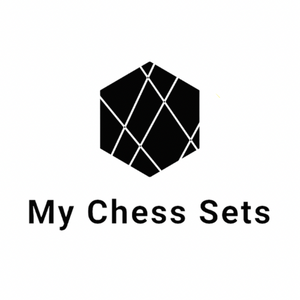
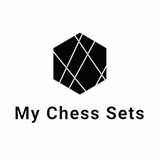





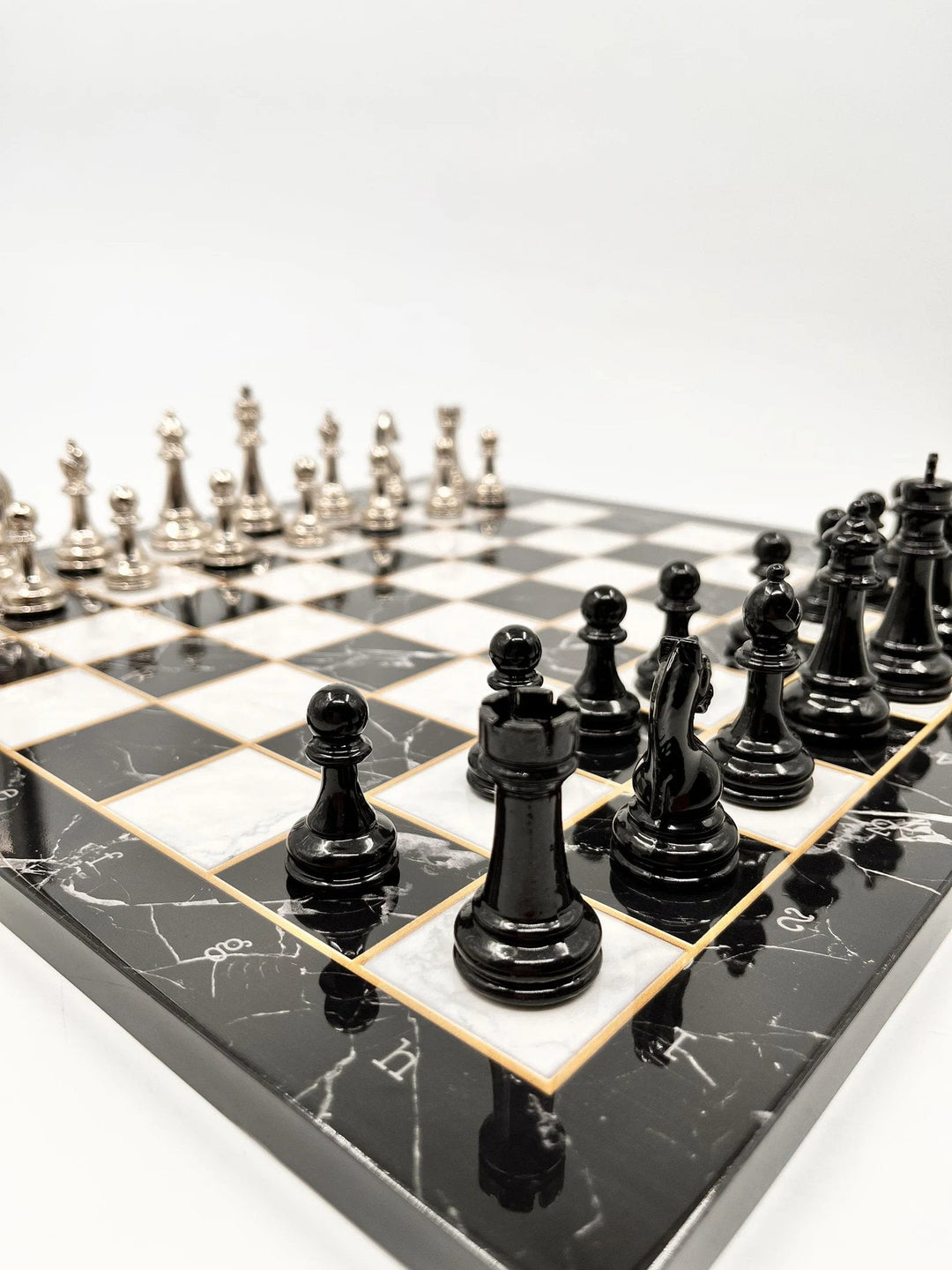

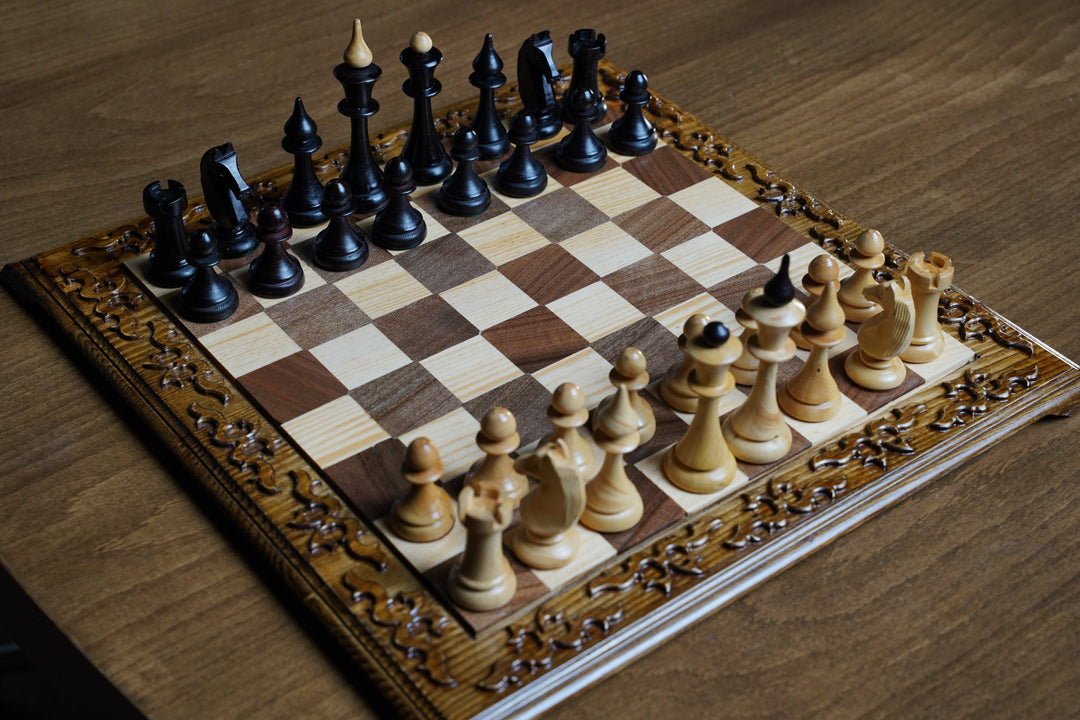

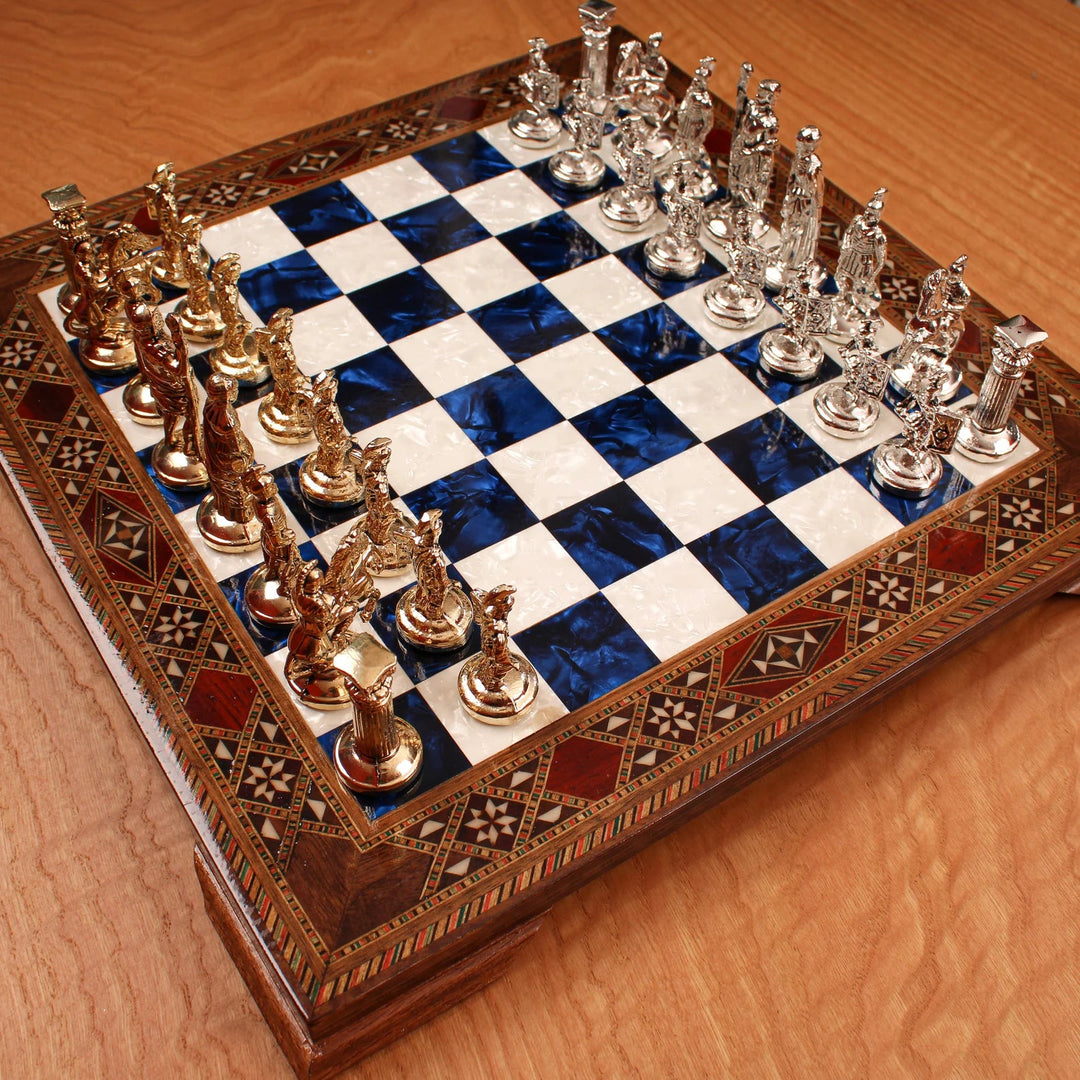





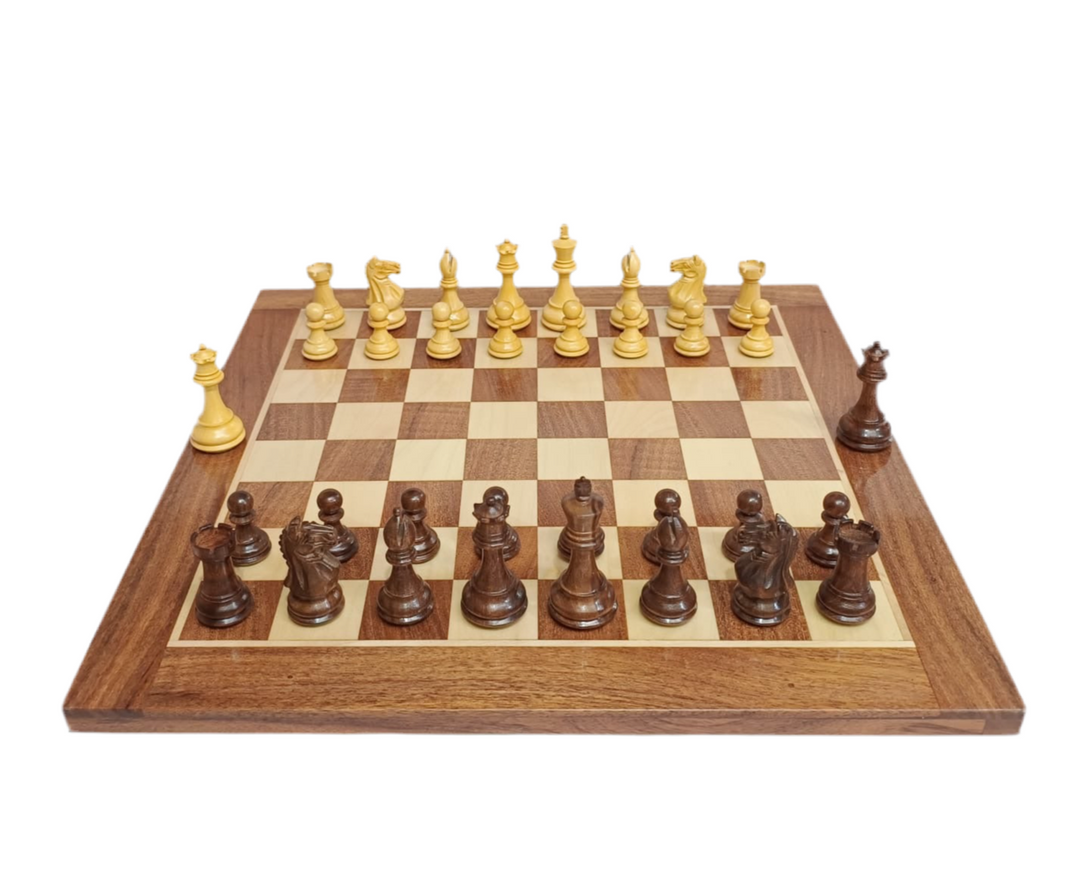
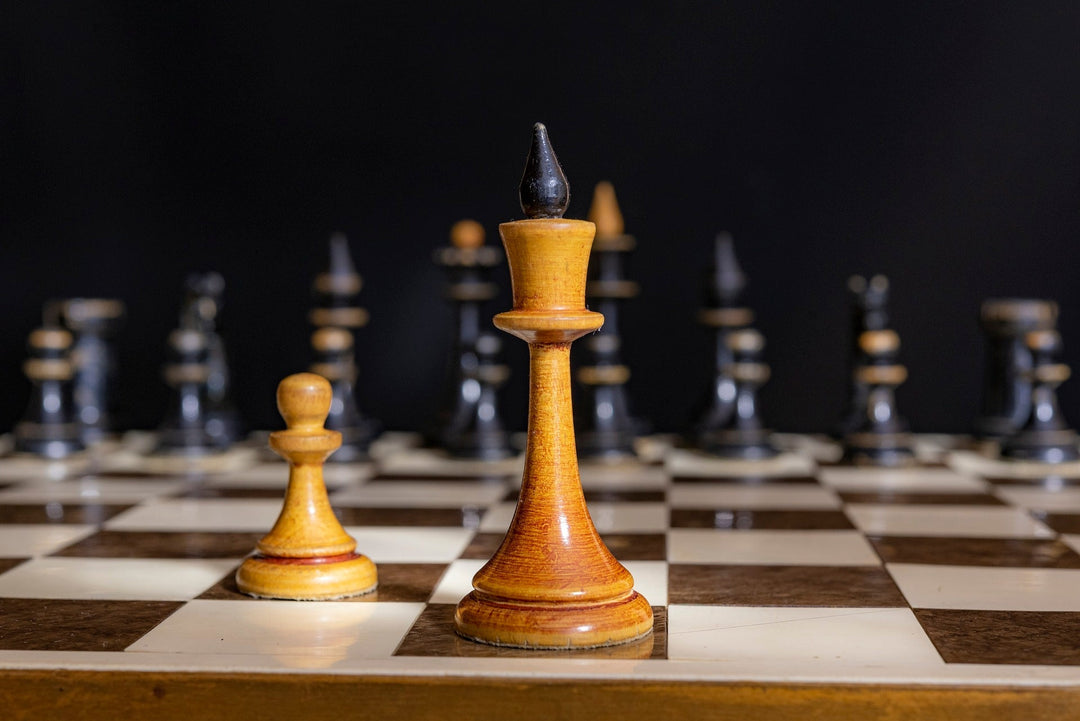
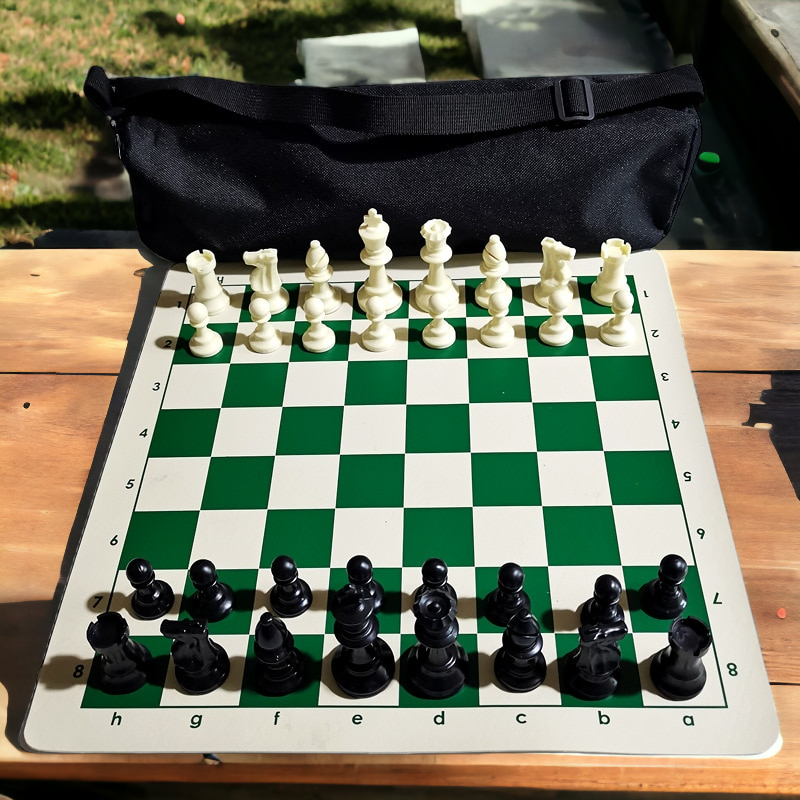

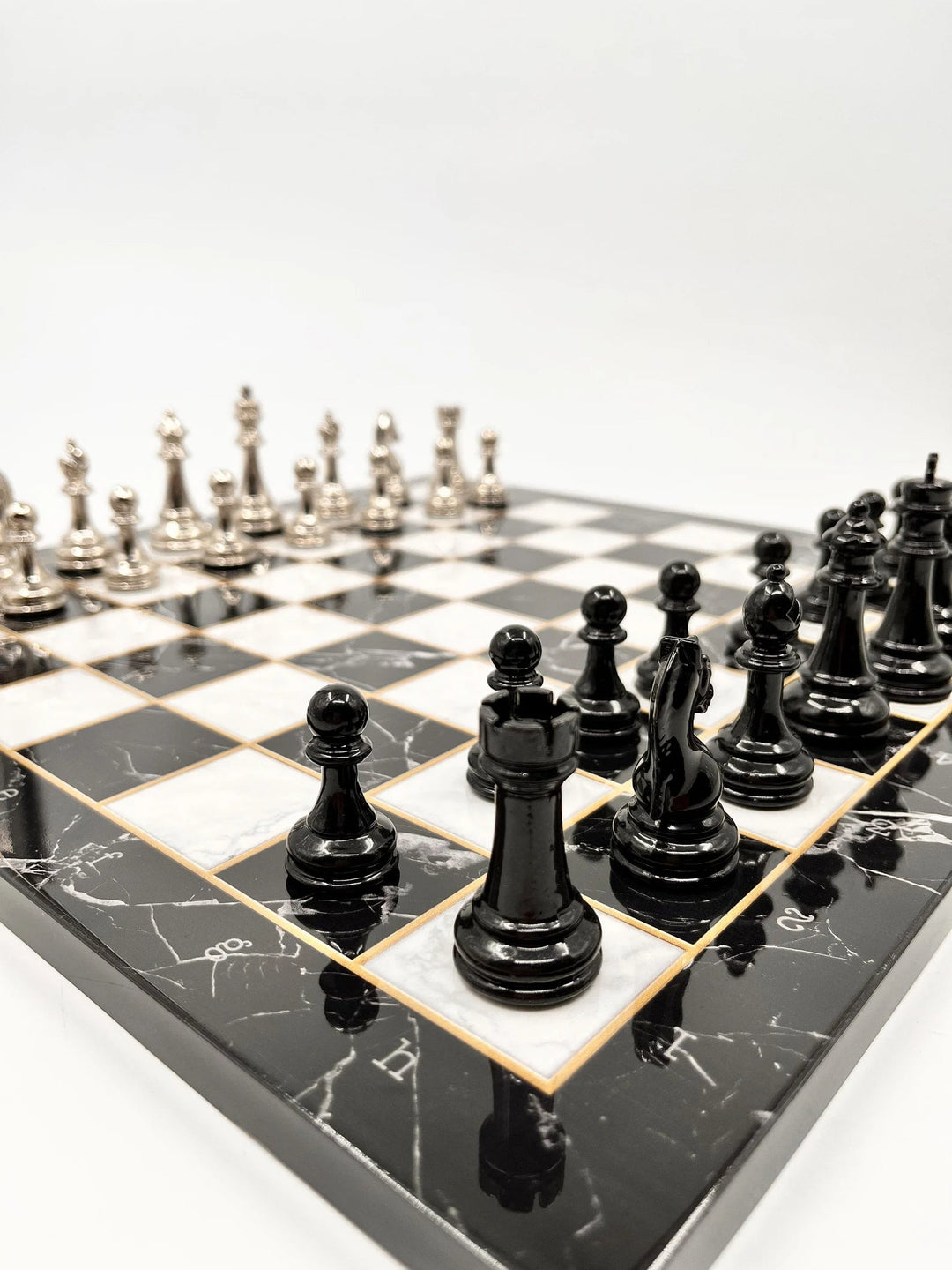
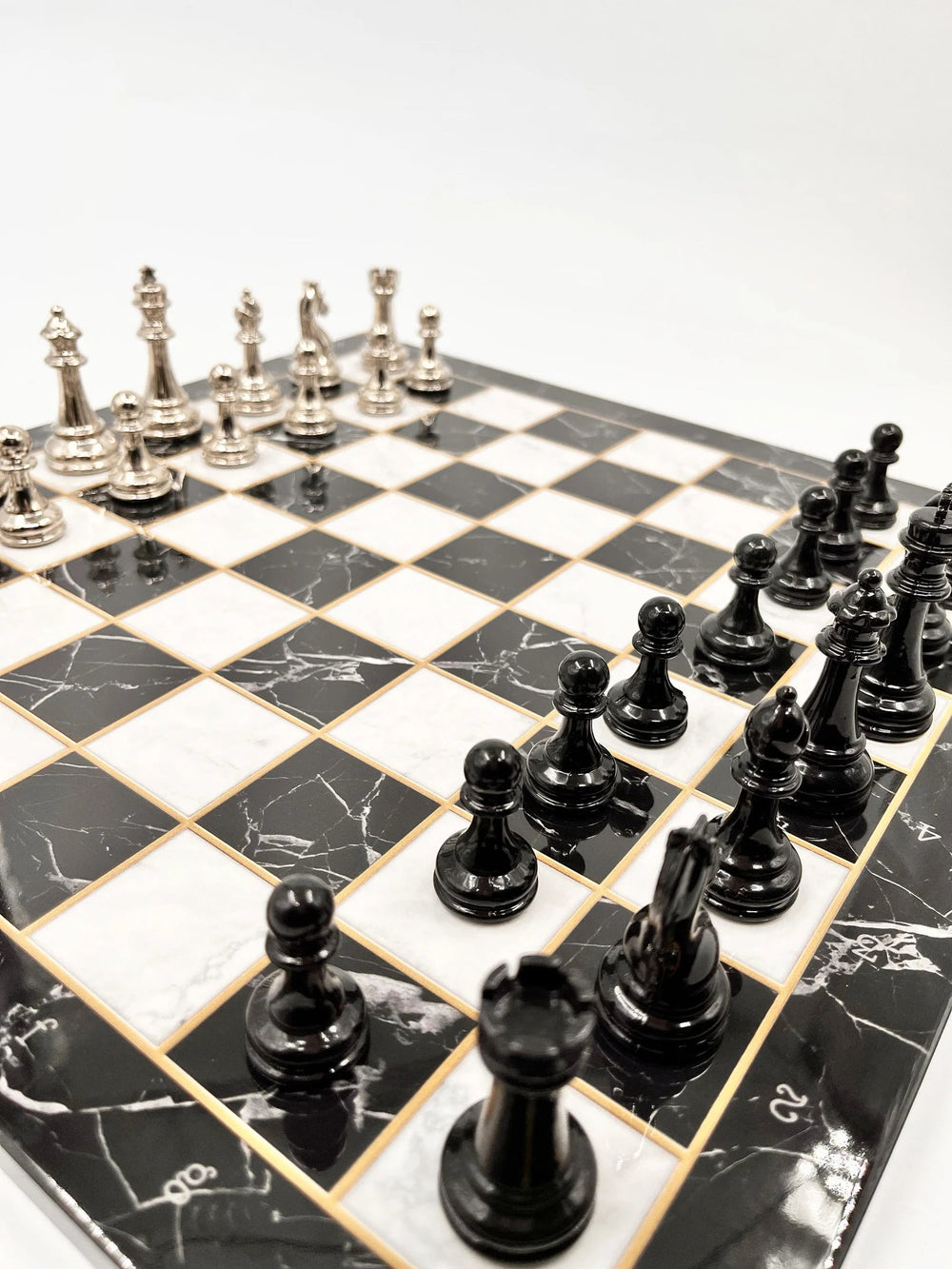


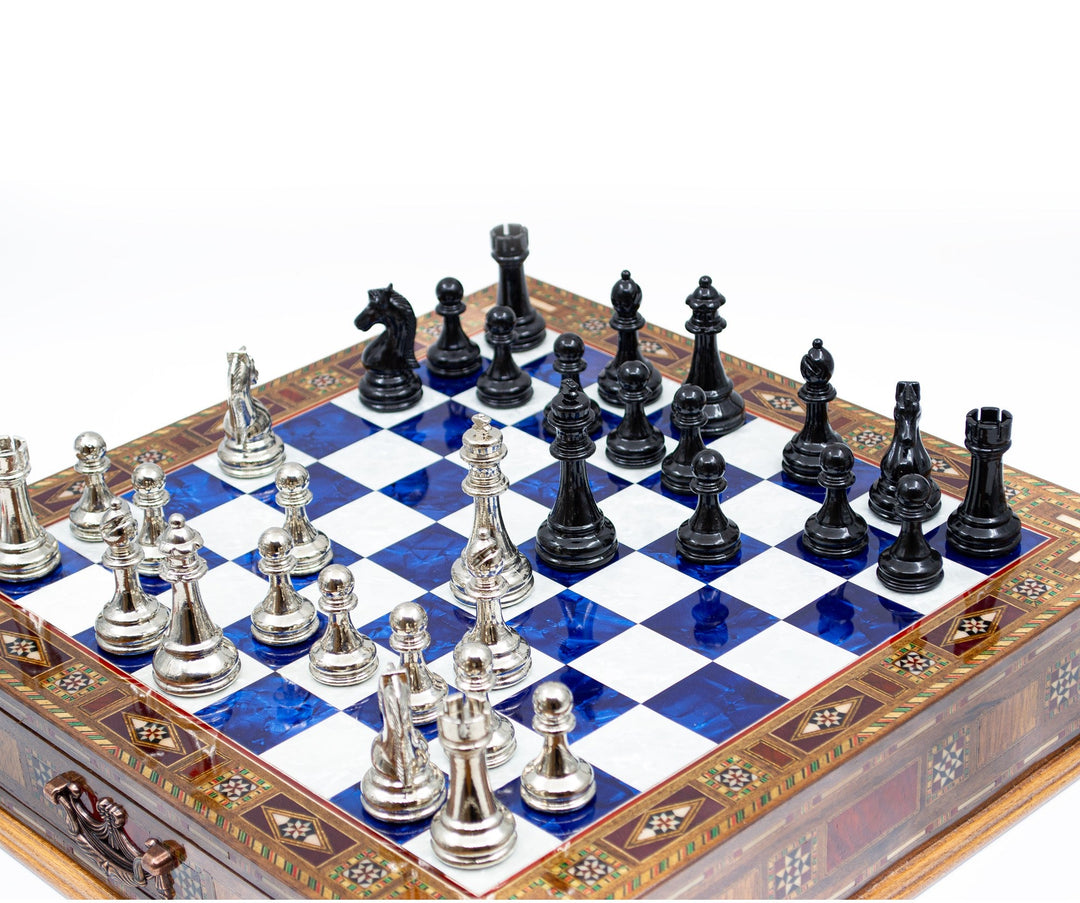
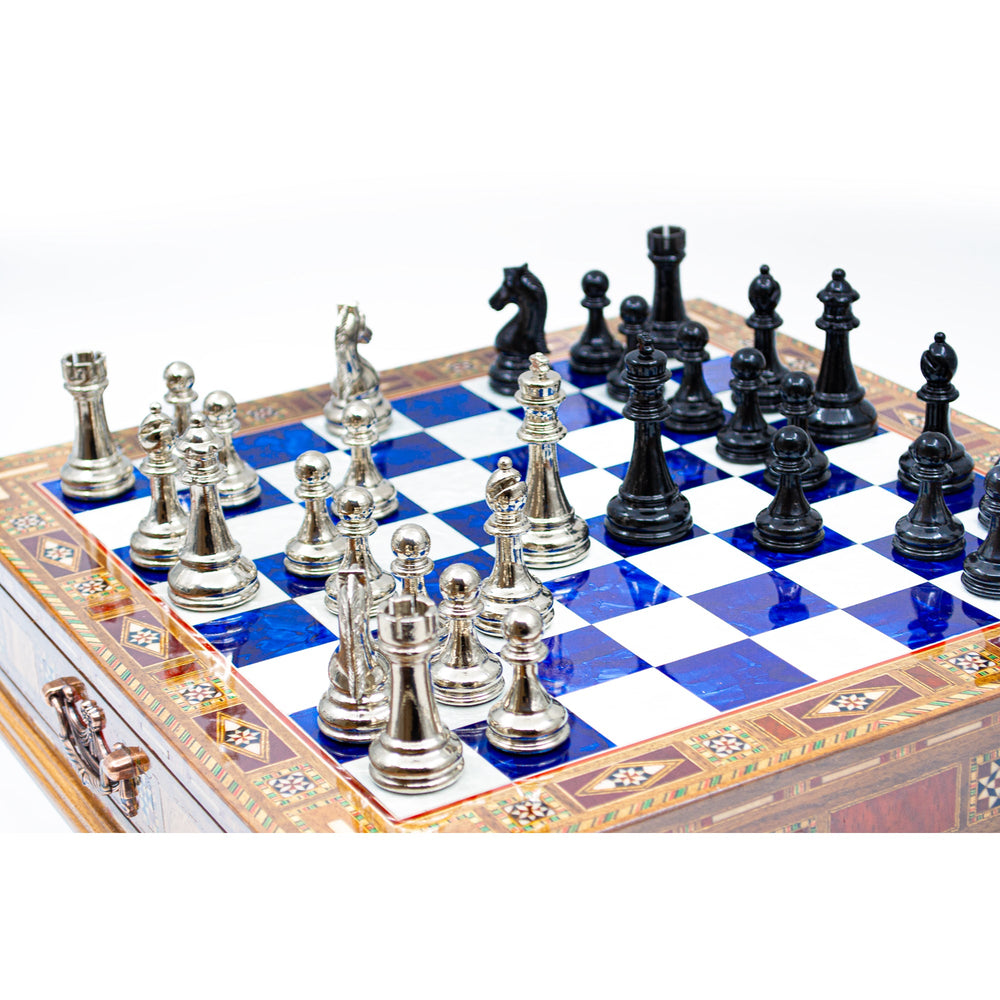
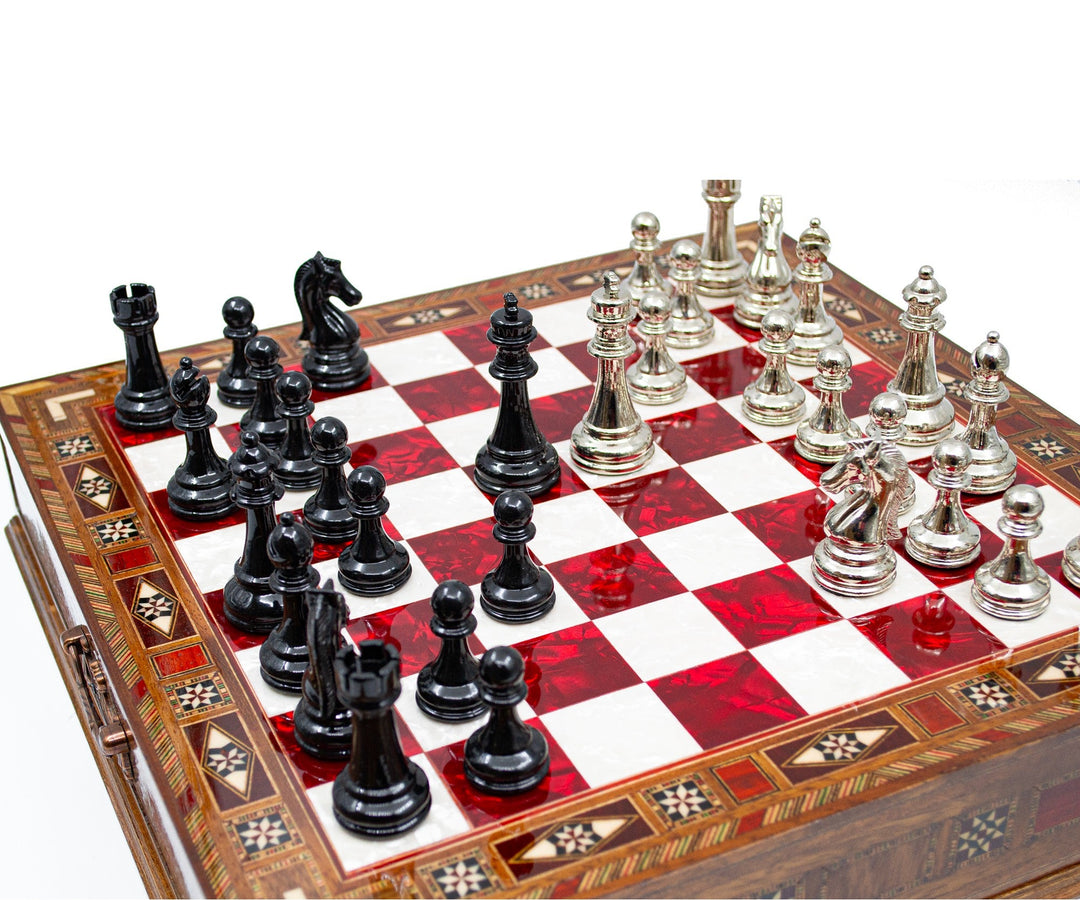







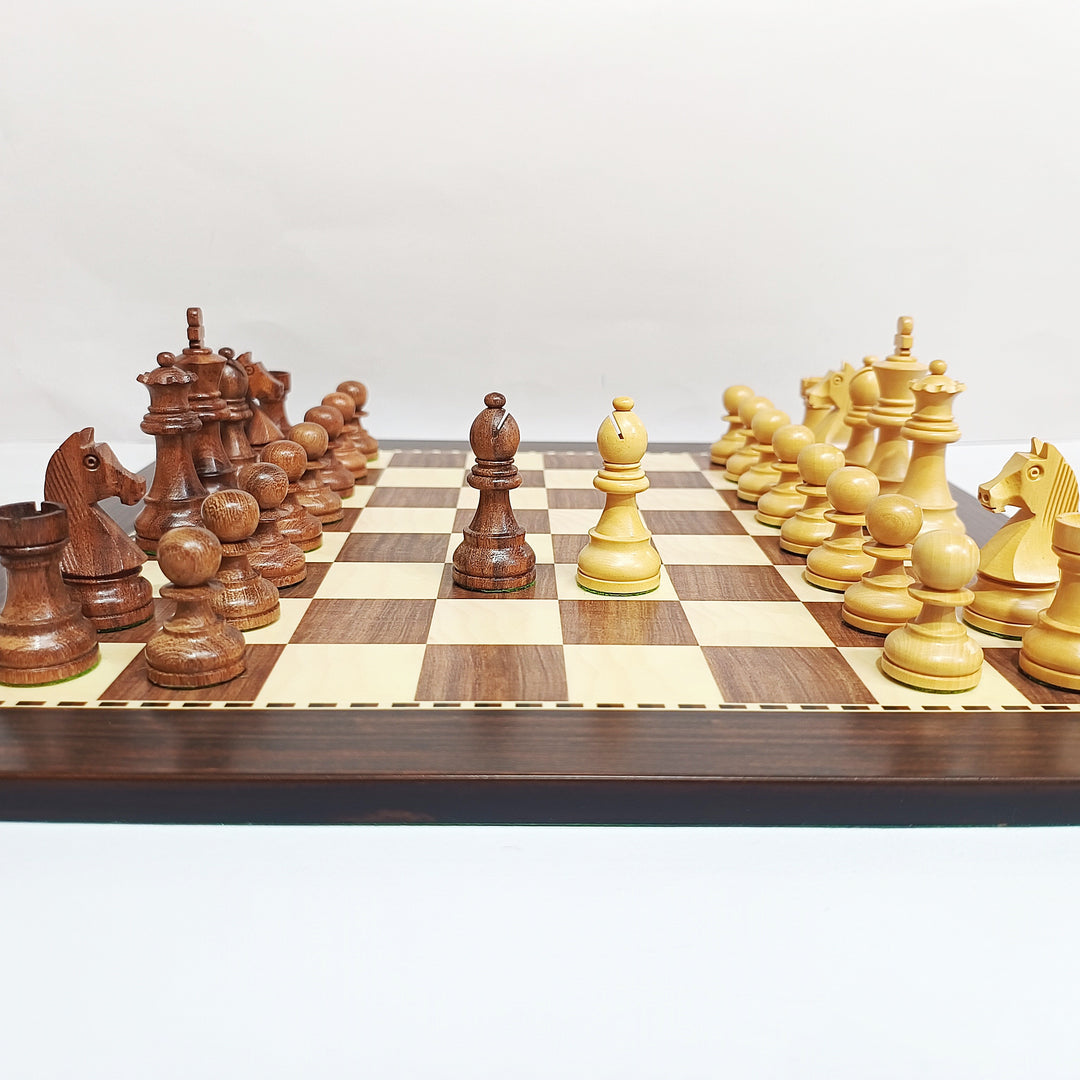








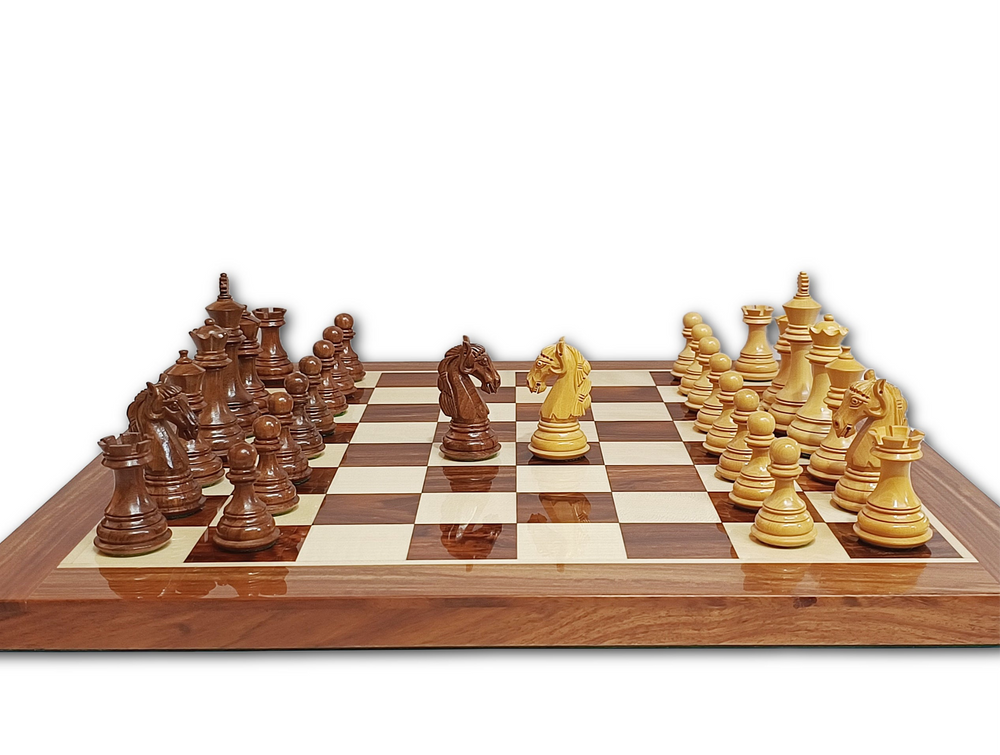

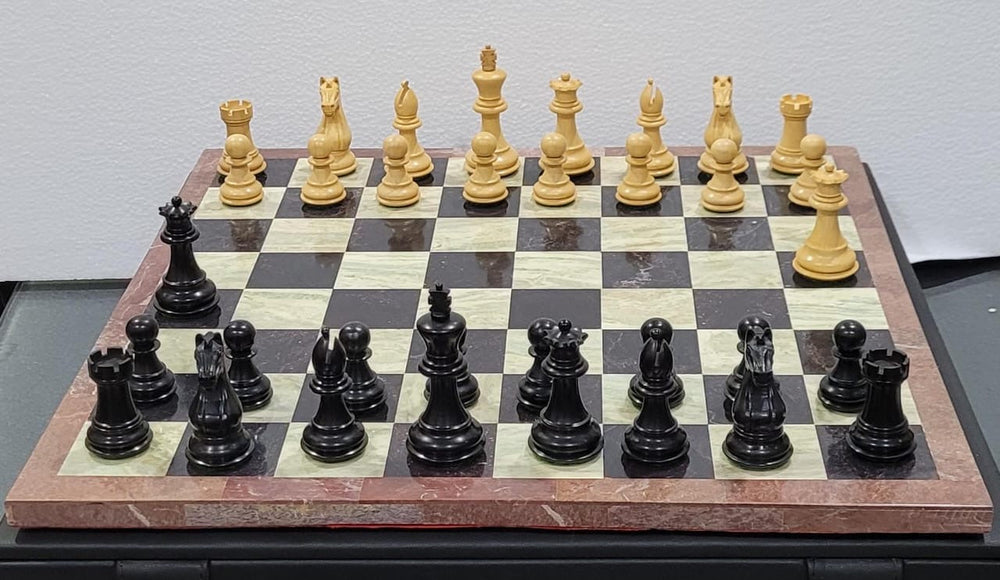
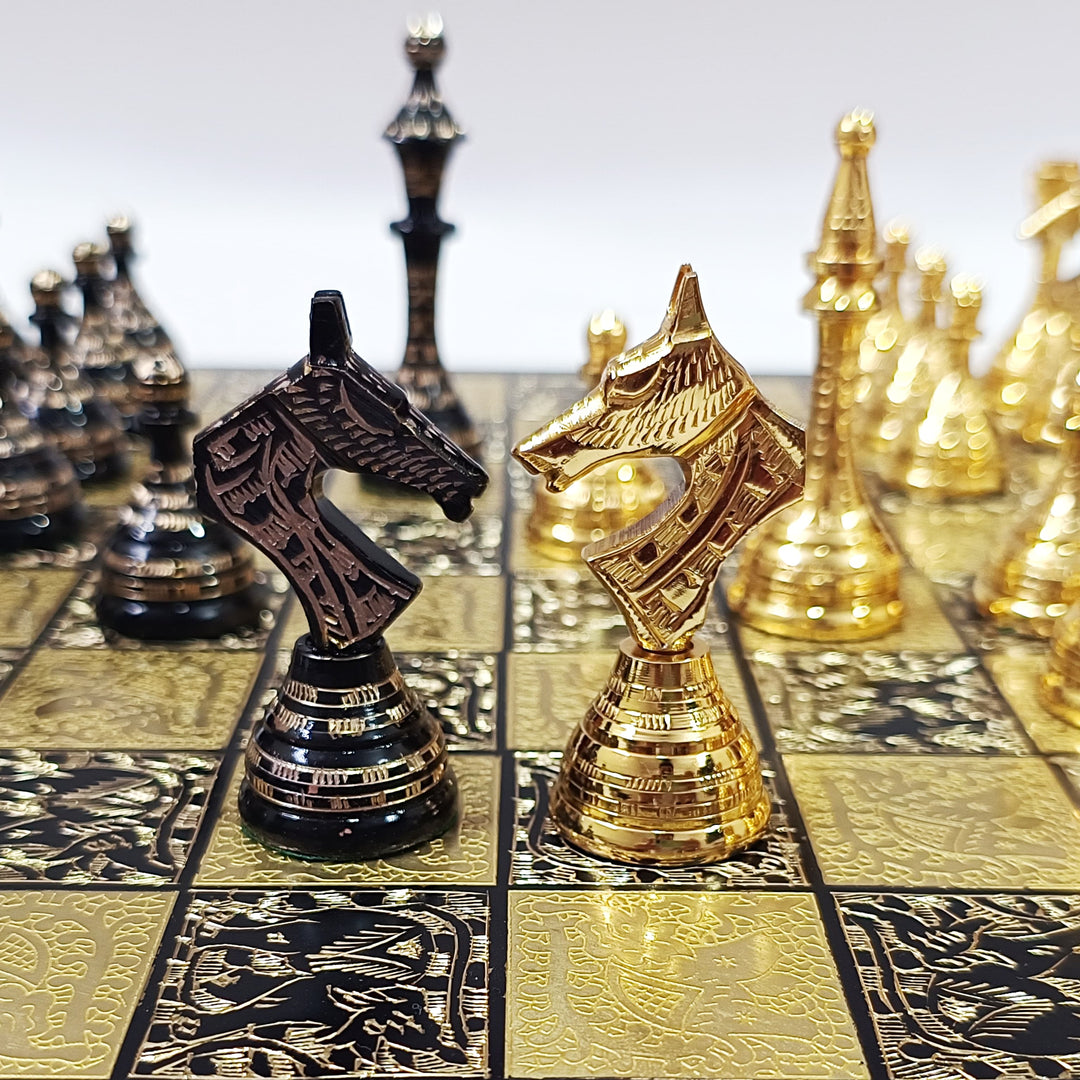
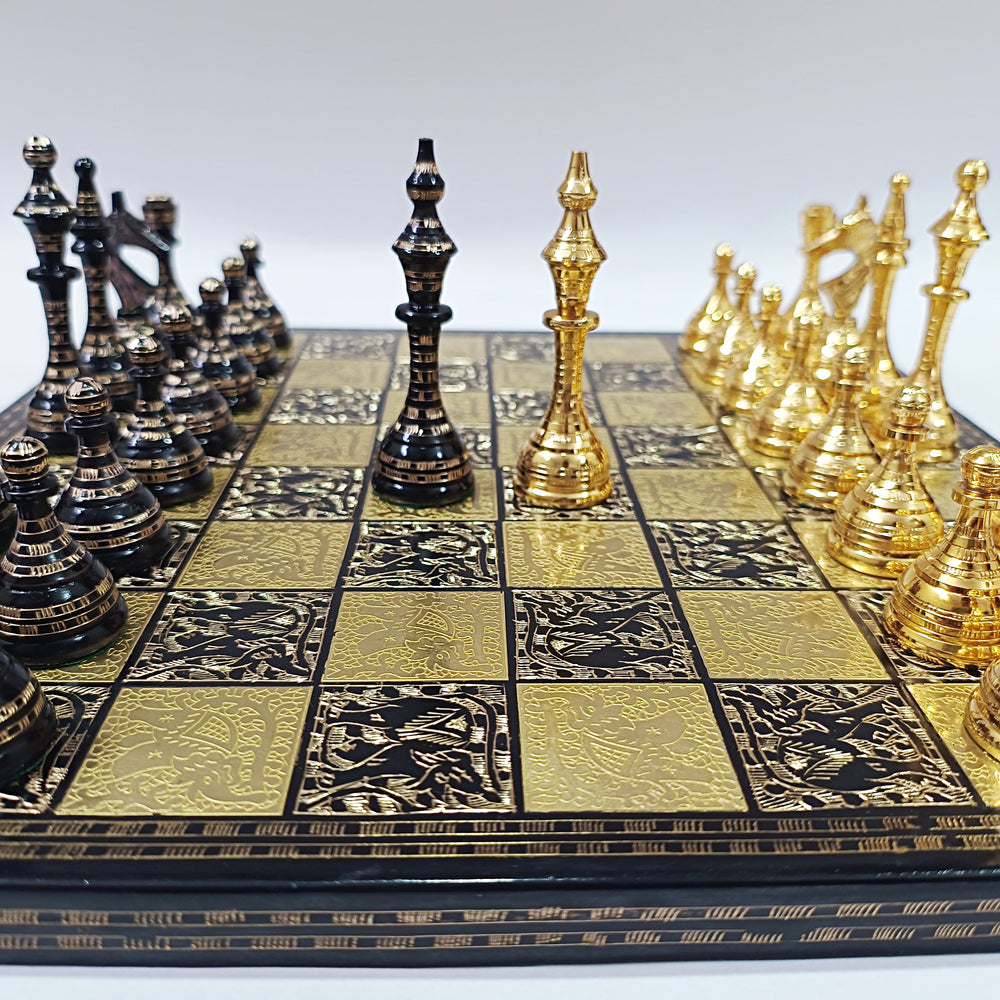


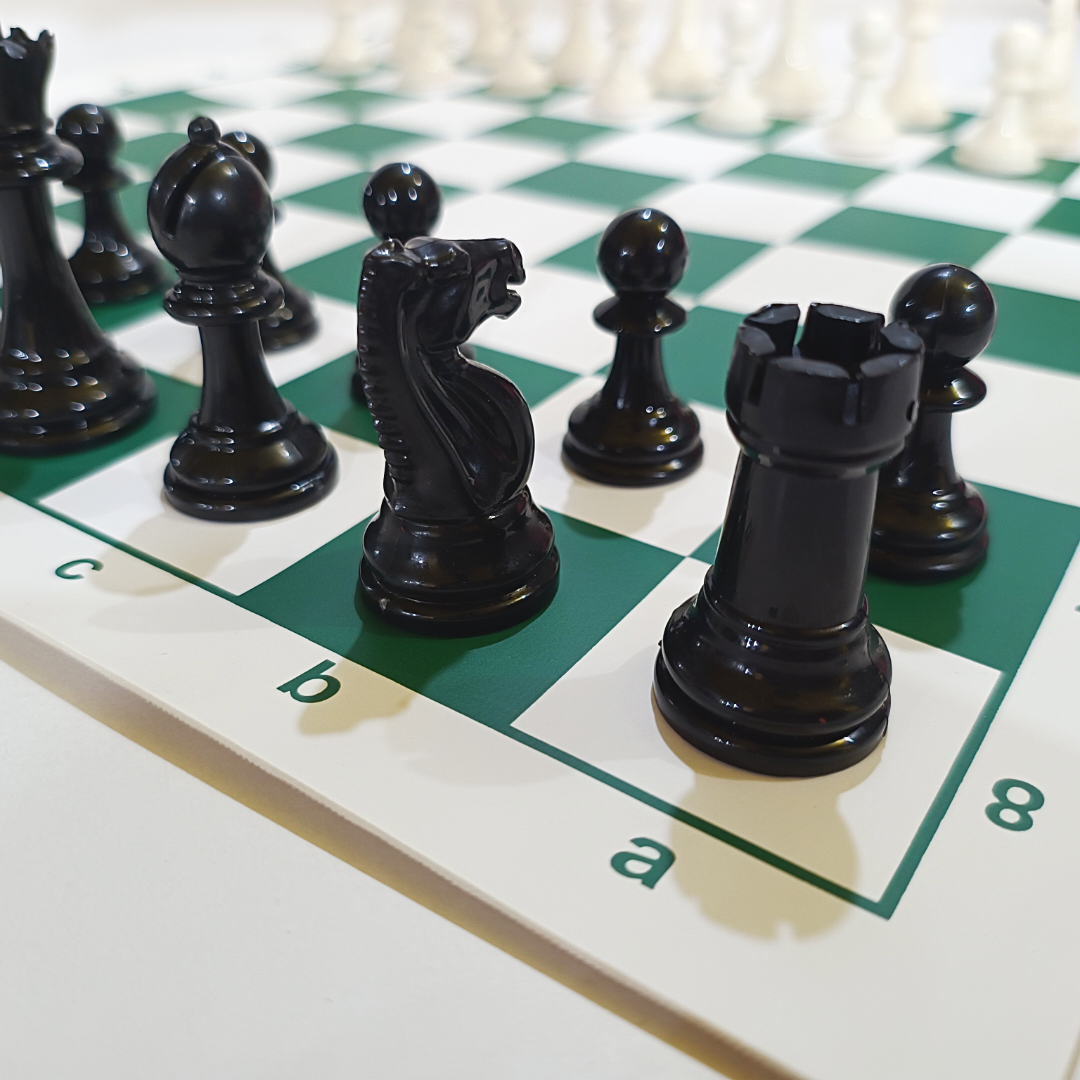
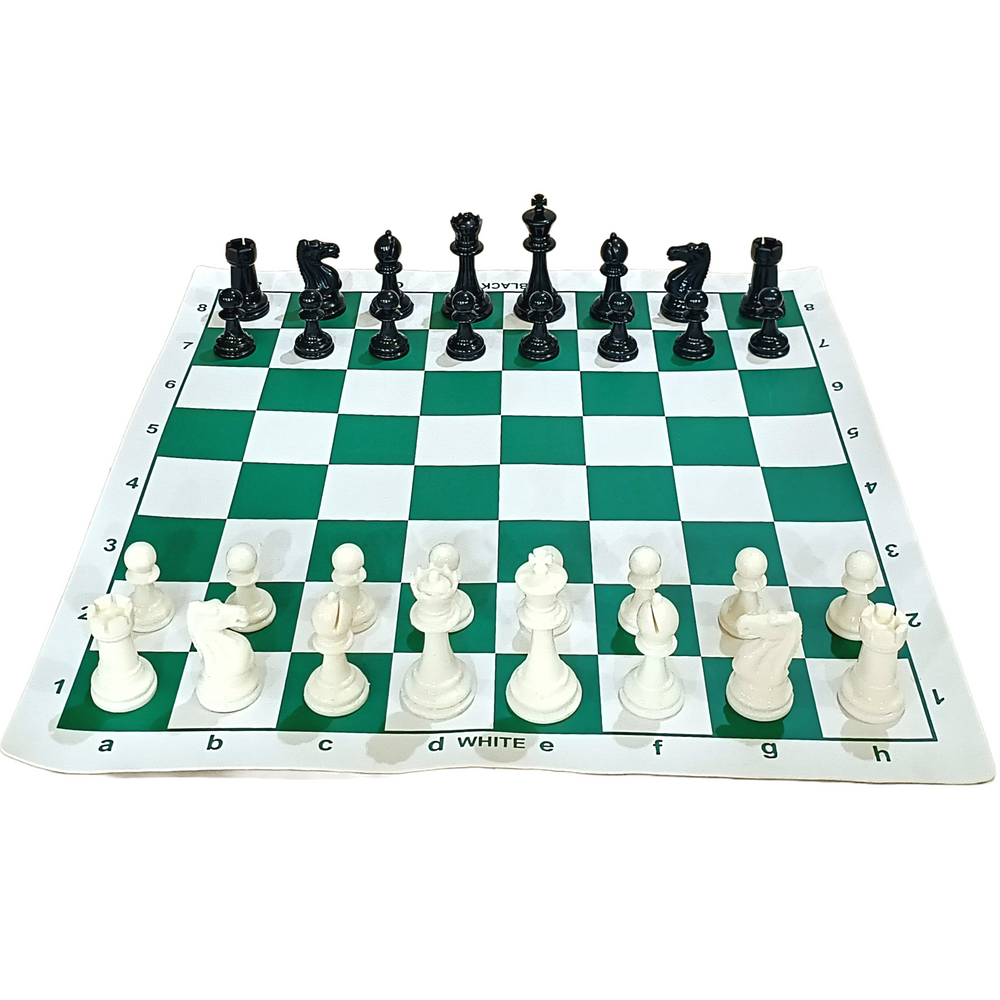






Leave a comment